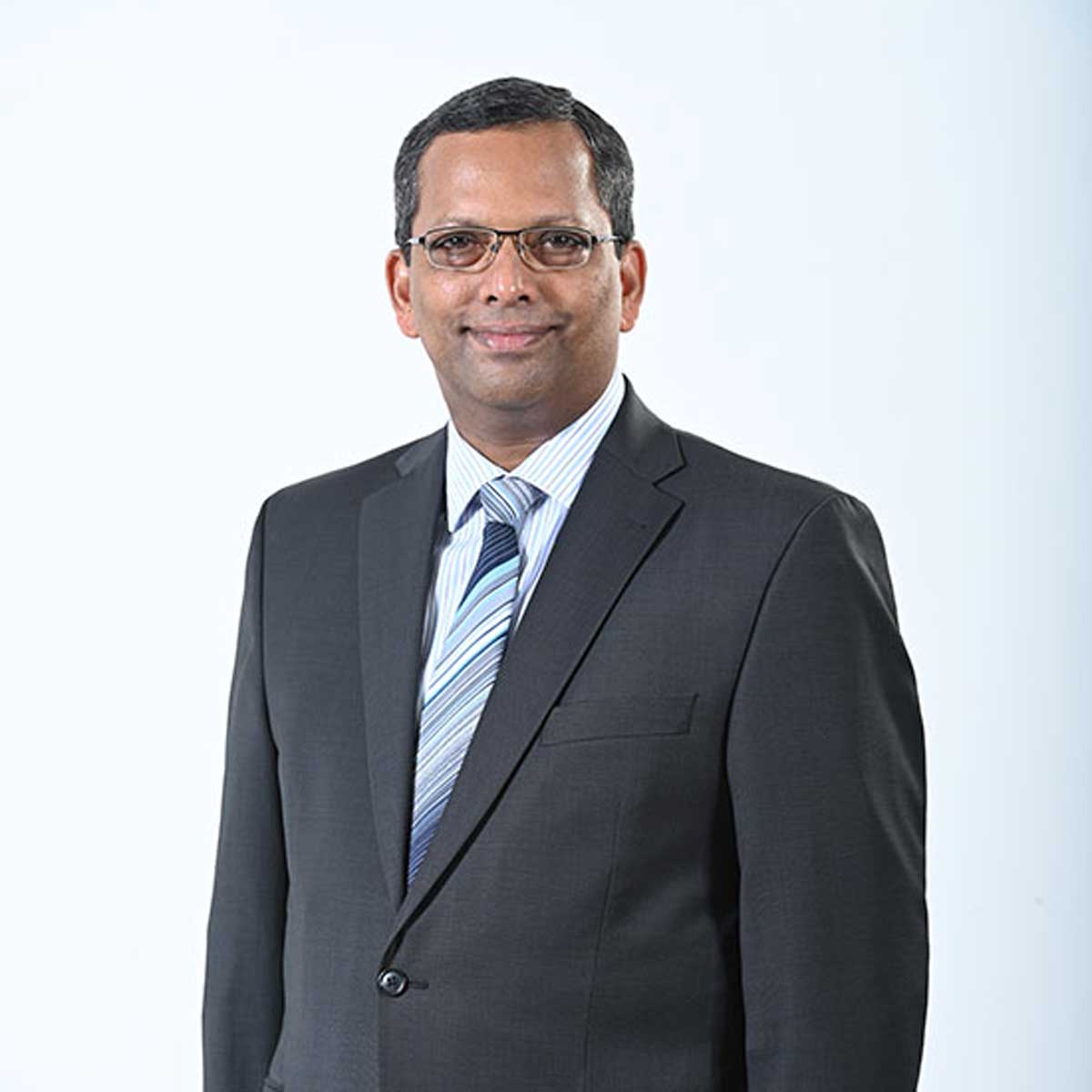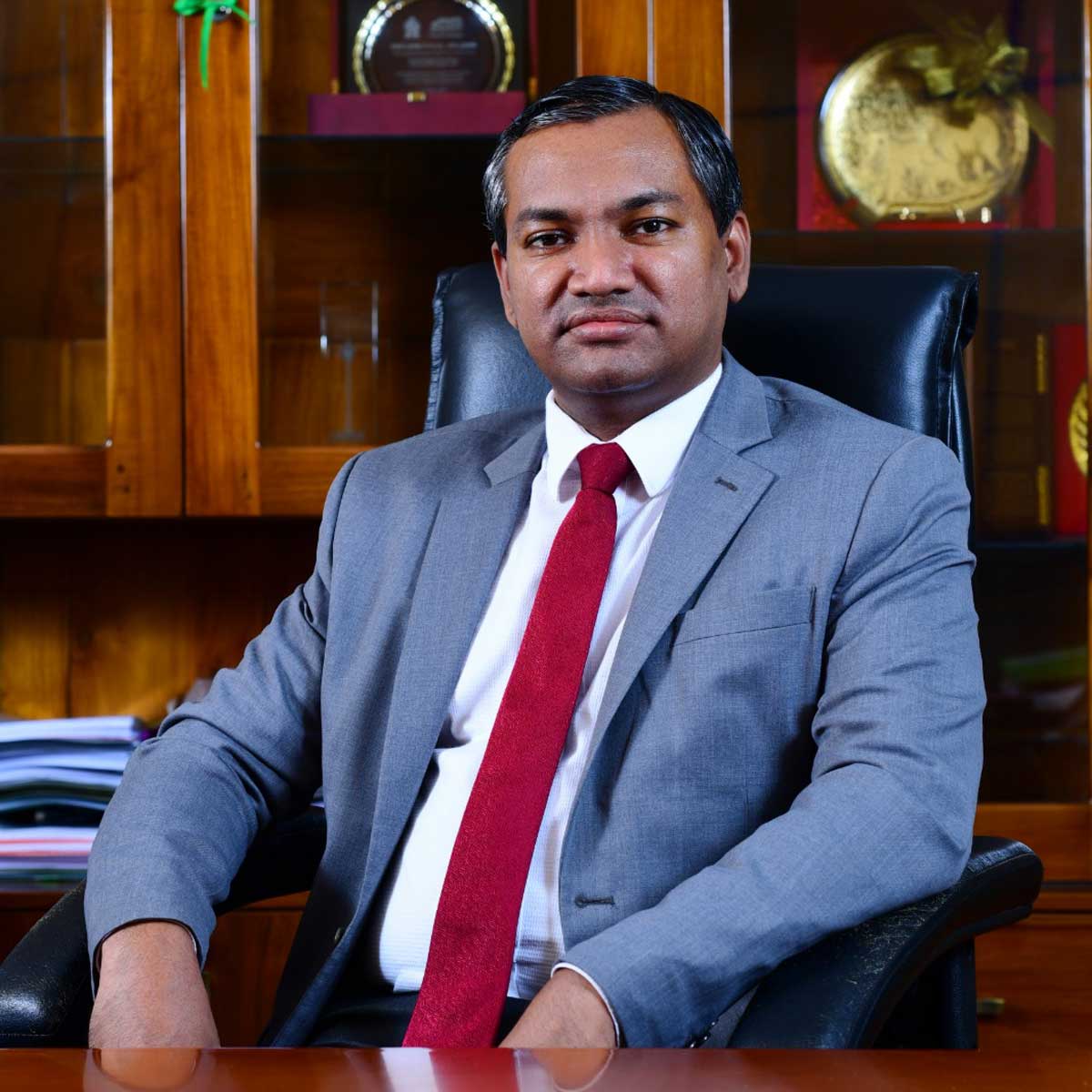LEGAL VALIDITY OF DIGITAL SIGNATURES HIGHLIGHTED
Digital Signatures have been in use in Sri Lanka since 2009, however, due to the outbreak of the pandemic and travel restrictions, signing documents physically has found to be challenging. Hence, the requirement for digital signatures among many segments of the community has soared in the recent past.
In view of raising awareness about Digital Signatures among the country’s banking fraternity, ICT Agency of Sri Lanka (ICTA) with the support of Ministry of Technology, LankaClear together with Sri Lanka Banks’ Association collaborated to organize a session on ‘Legal Validity of Digital Signatures’ exclusively for the financial services sector. The virtual event was attended by over 300 participants. Hon Justice, Ruwan Fernando, Justice of the Court of Appeal and Mr. Jayantha Fernando, General Counsel of ICTA enlightened the participants of the legal framework, validity of digital signatures as per the provisions of Electronic Transactions Act (ETA) and the admissibility of electronic evidence in Courts of Law.
Making the opening remarks Mr. Oshada Senanayake, Chairman – ICTA stated “It is imperative that initiatives such as digital signatures are embraced positively in pursuit of a vision towards transforming Sri Lanka into a digital economy. Financial inclusion is an integral part of the overall strategy towards creating a digitally inclusive Sri Lanka”, he added. Mr. Senanayake was optimistic that adopting digital signatures will enable the financial sector to provide an improved user experience in terms of customer on boarding and subsequent digital customer interactions. Enlightening the audience on the government roadmap in terms of adopting digital signatures he stated that the “Presidential Secretariat will be issuing a circular mandating all government institutions to adopt digital signatures and several institutions have been prioritised in terms of implementation, while some institutions such as Sri Lanka Customs, Telecommunications Regulatory Commission and Ceylon Electricity Board are already using them.”
Addressing the session Dr. Kenneth De Zilwa, Chairman – LankaClear underscored the significance of digital signatures in terms of facilitating commerce and highlighted the role of the country’s financial sector as a key driver of this collective effort towards providing greater convenience to banking customers whilst reinforcing the trust factor. Dr. De Zilwa also emphasized the importance of partnership with government agencies such as ICTA and Central Bank in driving such initiatives, which are of national importance to ensure greater coherence.
Presenting his views, Mr. Jayantha Fernando, General Counsel and Legal Advisor to ICTA elucidated the participants of the underline principles and the legal framework relating to Digital Signatures. Mr. Fernando is considered as the chief architect of ETA, which has created the enabling framework to launch and operationalize Digital Signatures. Mr Fernando explained in detail about the ETA and its provisions relating to Digital Signatures. One of the key provisions relating to Digital Signatures in ETA is Section 3, which outlines a foundational principle relating to digital signatures where it states that all data messages, electronic documents, electronic records and other communications related to business transactions should not be denied legal recognition, effect validity or enforceability purely on the ground that it’s in electronic form. He further stated that under the section 7 of ETA, which is on legal validity of electronic signatures, wherever the written law requires a document to be signed between the parties, that requirement can be fulfilled by using an authentication method that can identify the person, provided that the method is reliable and is appropriate for the required purpose. The Act also states that the digital certificates provided by an authorised certification service provider will enhance the legal validity of a digitally signed document, which will fulfil the requirements of non-repudiation and integrity with greater reliability. Mr. Fernando also stated that Electronic Communication Convention facilitates cross boarder recognition of digitally singed documents on substantive equivalent standard. He enlightened the participants on the governing framework of digital signatures, which consists of the Governing Task Force co-chaired by Central Bank as per Section 18A of ETA, Sri Lanka CERT, the entity that administer the National Certification Authority (NCA) and LankaClear – authorised Certification Service Provider (CSP). Mr. Fernando also stated that following a six-year rigours process, Sri Lanka became the first in South Asia to adopt international standards governing issuance of digital certificates based on international Web Trust Standards, with the launch of Sri Lanka Root Certificate in February 2020, reposing greater confidence on the legal acceptance of digitally signed documents especially for cross border communications.
LankaSign is Sri Lanka’s only authorised CSP in Sri Lanka, operated by LankaClear, which complies with Electronic Transactions Act (ETA) and is ISO 27000:2013 certified using military grade security equipment. Originally used for payment clearing related functions, LankaSign digital certificates are now offered to any external party who expects to avail themselves of the service. These certificates are already used by over 600 public and private sector organisations across the country with over 550,000 digital certificates already been issued.






